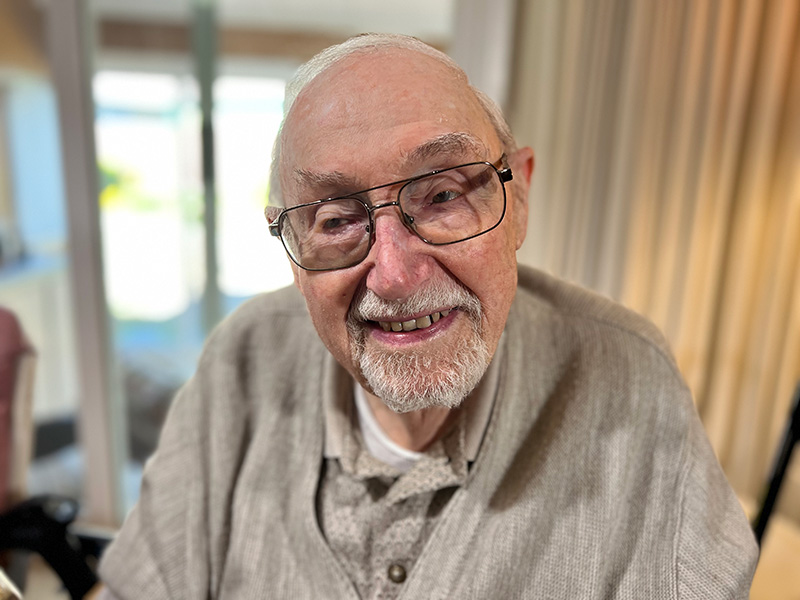People often take sleep for granted, but getting good sleep is one of the easiest ways to improve mental and physical health. This is particularly true for seniors, who may have difficulty sleeping due to aches and pains. By adjusting their sleep habits and even acquiring a mattress designed specifically for their physical needs, they can sleep better at night, feel more rested, and stay healthier. Here are some ways seniors can start to improve their quality of sleep.
Upgrade Your Mattress
Many seniors suffer from the aches and pains associated with aging accompanied by difficulty sleeping. Sometimes, though, their inability to get high-quality sleep is due more to their bed than anything else. While experts advise that mattresses should be changed out about every eight years, most people believe that they last much longer. This, coupled with the expense of buying a new mattress and the hassle of installing it, frequently leads seniors to avoid replacing their old mattresses.
The life of a mattress can be extended through proper care and regular cleaning, but they will develop weak spots as they age, regardless of how well they are maintained. Additionally, seniors have different needs than younger people and require more support. Finally, the mattress may have been too soft or too firm to begin with, leading to around a decade of discomfort and sleeplessness. This is why seniors should consider buying a new mattress, preferably one that supports proper spinal alignment for restful, pain-free sleep.
Prepare for Sleep an Hour Before Bedtime
Having a suitable bed is not enough, though. In order to fall asleep quickly and stay asleep through the night, seniors should take the time to prepare their body for sleep. This means that you should make an effort to turn off the television and any other electronic devices an hour or two before bedtime to allow your brain to relax. The time you would usually take watching television can be spent doing activities that slow your brain activity, like meditation or reading. By giving your brain time to prepare for bed before getting under the covers, you will speed up the process of falling asleep and be more likely to experience a restful sleep.
Improve Your Diet and Activity Levels
Diet and exercise are two more factors that can affect your ability to fall asleep. If you eat a diet full of excessive amounts of sugar, fats, salts, and carbohydrates, your body won’t be able to fall asleep as easily. Similarly, if you go without any form of exercise and live a generally sedentary life, you’ll get a lower quality of sleep. This is why seniors experiencing insomnia or fitful sleep should consider incorporating more plant-based foods into their diet and adding in some light exercise into their schedule. This doesn’t mean you have to purchase a gym membership — something as simple as going for a brisk half-hour walk or swim can fulfill your body’s need for exercise. What is most important is that you get your heart rate up. Remember to ask your doctor before undertaking an unusually high amount of physical activity.
Consult with Your Doctor
If you’ve changed your routine and your mattress but still experience sleeplessness, or if you find yourself relying on medication or sleeping pills to fall asleep, it may be time to talk to your doctor. Similarly, if you wake up repeatedly in the night due to disrupted breathing, visit your doctor as soon as you can, as you may be experiencing sleep apnea.
As we age, it can become difficult to fall asleep, but our routines and the quality of our mattresses are often to blame. Test out a new, healthier routine for a month and keep track of your sleeping habits to see if they improve.
Photo Credit: Pexels.com
Karen Weeks created ElderWellness.net as a resource for seniors who wish to keep their minds, bodies, and spirits well.



